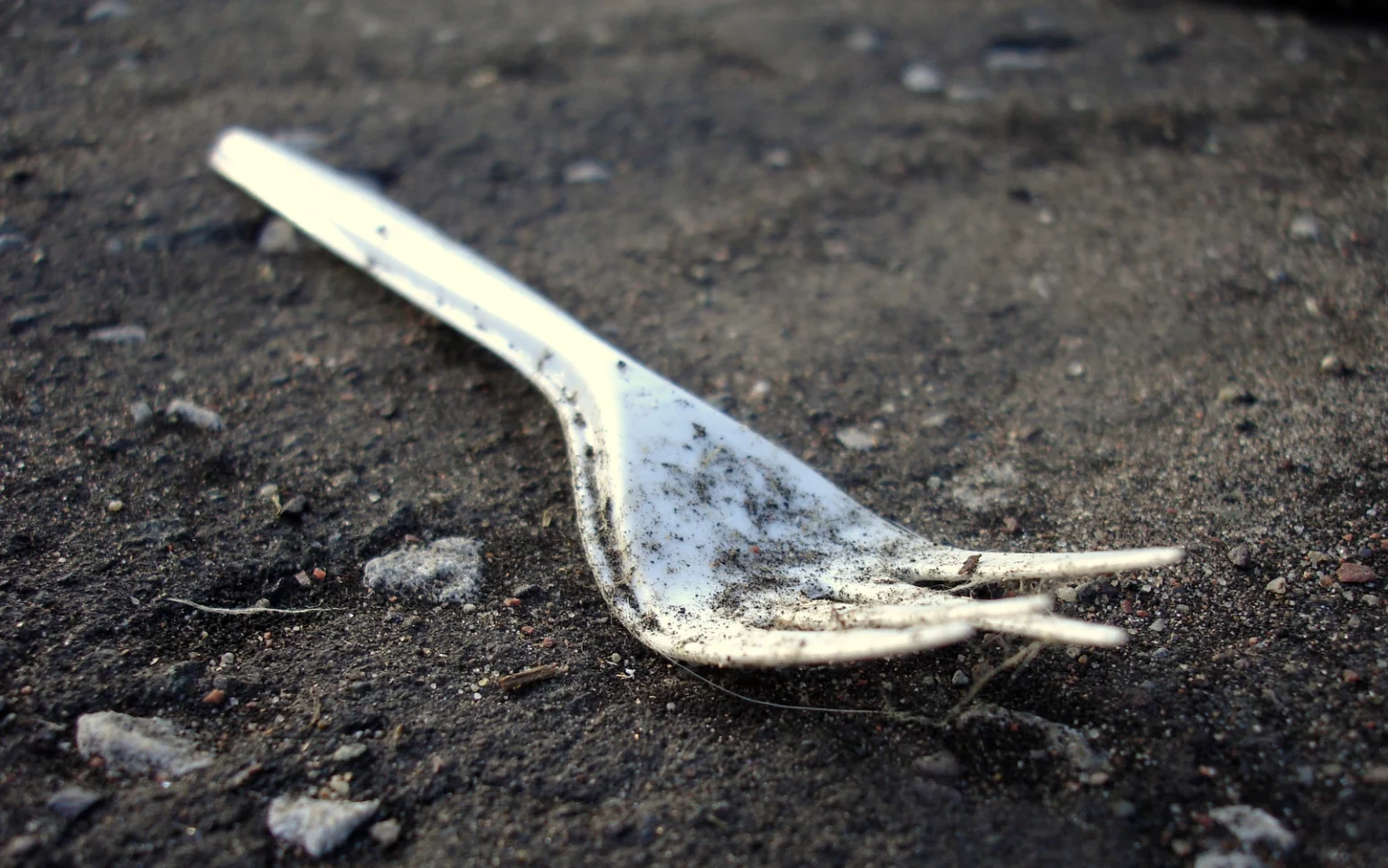Plastic utensils are ubiquitous in our daily lives, used in restaurants, takeaways, and even in our homes. While they may seem convenient, disposable plastic utensils have a significant impact on the environment.
In this article, we will discuss the effects of plastic utensils on the environment and what we can do to reduce their impact.
- Non-Biodegradable: Plastic utensils are non-biodegradable, meaning they do not decompose quickly, and can remain in the environment for hundreds of years. When they are thrown away, they accumulate in landfills, oceans, and other natural environments, causing pollution.
- Harmful to Wildlife: Plastic utensils can be mistaken for food by wildlife, especially marine animals. If ingested, they can cause suffocation, starvation, and entanglement, which often leads to the death of the animal.
- Petroleum-Based: Plastic utensils are made from petroleum-based products, which are non-renewable resources. The production of these utensils contributes to the depletion of natural resources and the emission of greenhouse gases.
- Energy Consumption: The production of plastic utensils requires a significant amount of energy, which contributes to the emission of greenhouse gases. This energy is used to extract and refine the petroleum used in production and to manufacture and transport the utensils.
- Waste Generation: The use of plastic utensils generates a significant amount of waste, which can take up valuable landfill space and contribute to pollution.
So, what can we do to reduce the impact of plastic utensils on the environment?
The most effective solution is to reduce our use of disposable plastic utensils. Whenever possible, opt for reusable utensils made from materials like bamboo, wood, or metal. If disposable utensils are necessary, choose biodegradable options made from materials like paper or plant-based plastics. Additionally, it is important to recycle or properly dispose of plastic utensils to prevent pollution and waste.
Plastic utensils have a significant impact on the environment. The non-biodegradable nature of plastic utensils, combined with their harmful effects on wildlife and contribution to waste and pollution, make it imperative that we take action to reduce their use. By choosing reusable or biodegradable options and properly disposing of plastic utensils, we can help to protect our environment and the wildlife that inhabits it.




